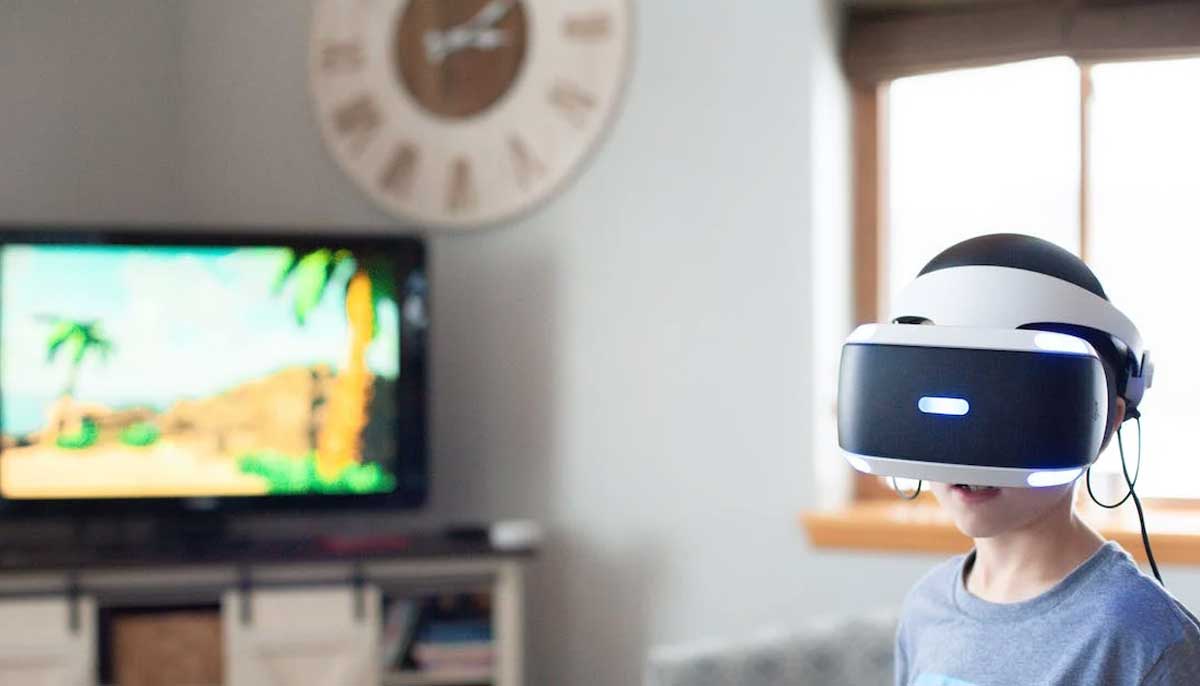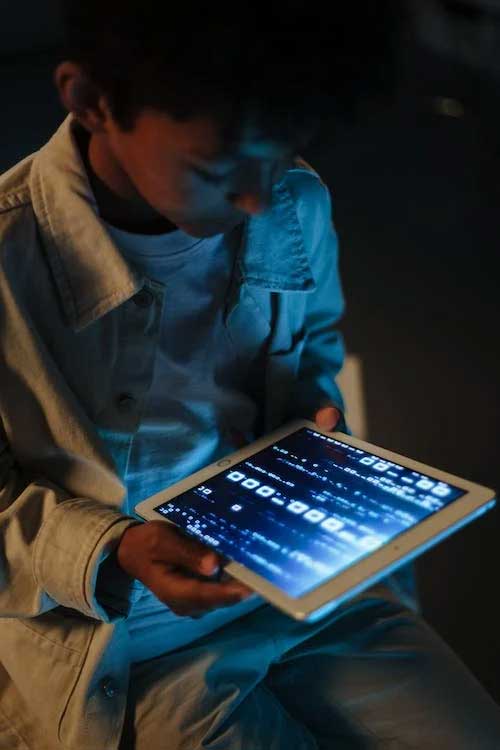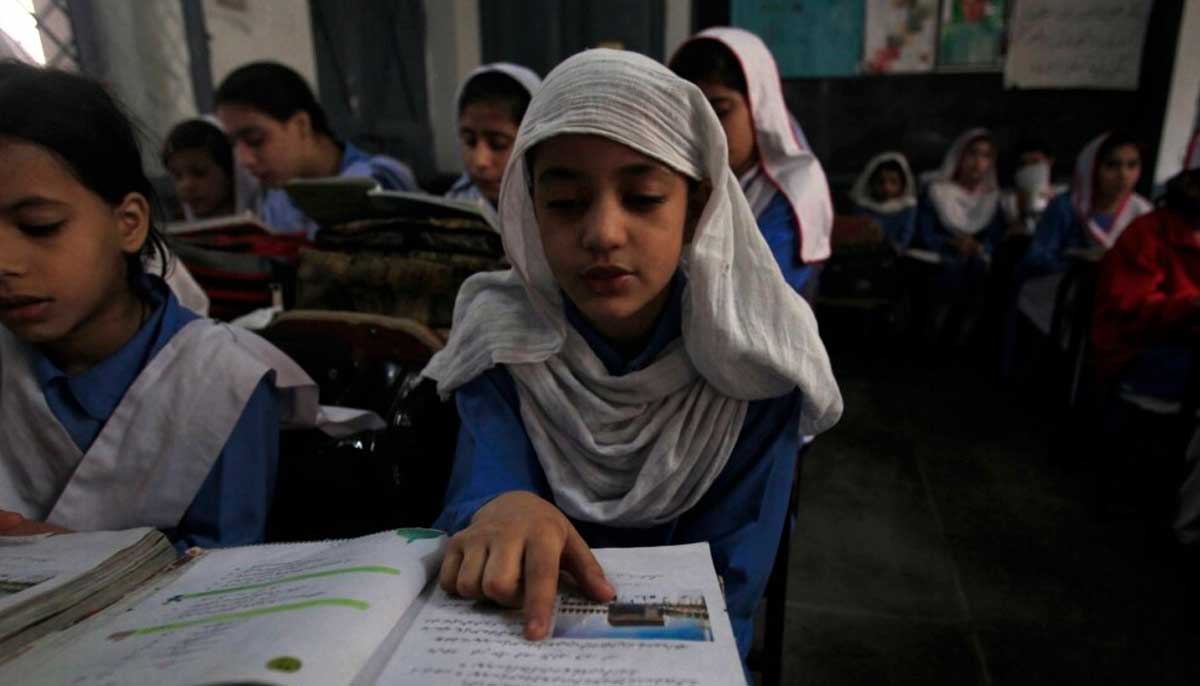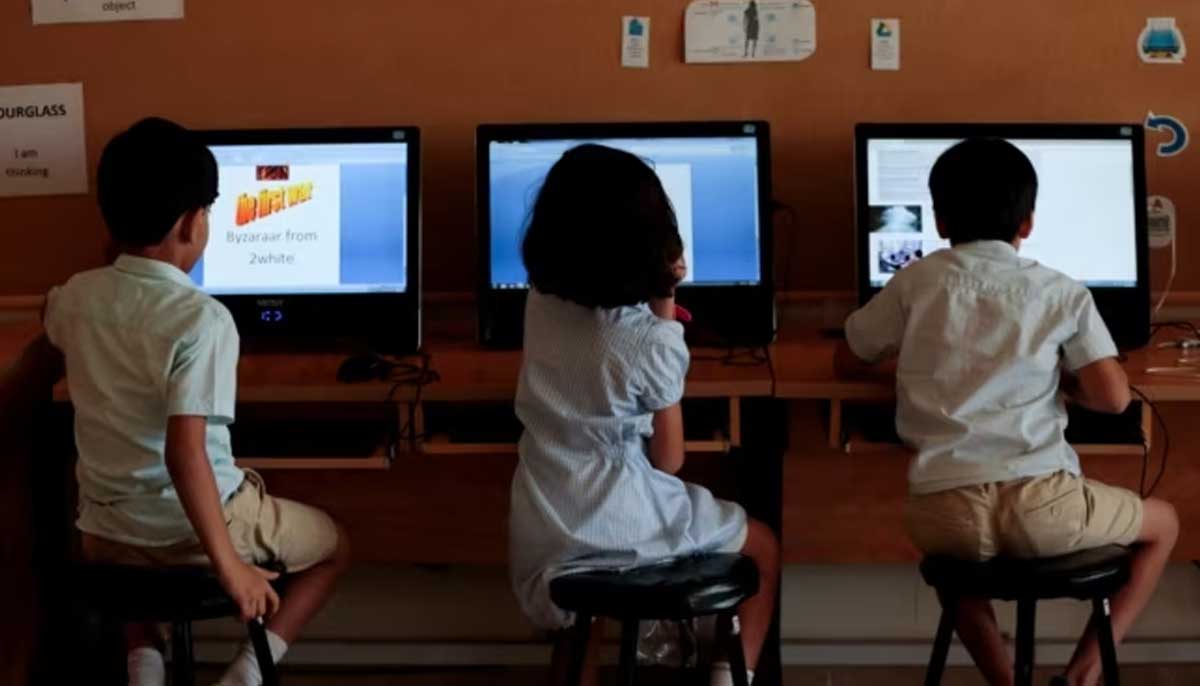
[ad_1]
It is the perfect of instances, it’s the worst of instances — a story of privilege and poverty, one that might make Charles Dickens write ‘A Tale of Two Realities’.
The age of technological development is upon us, and with it comes a profound inequality. In this epoch of data, the place information is energy, some are blessed with every little thing, whereas others don’t have anything. The season of enlightenment and the spring of schooling shine vibrant for the few, whereas the winter of ignorance and the season of disheartenment loom over the various.
This tragic dichotomy echoes by means of the halls of instructional institutes, the place a rising chasm divides the privileged from the underprivileged. On one facet, the elite establishments supply college students entry to cutting-edge AI instruments, quick web, and the most recent expertise, giving them a headstart in life. On the opposite facet, many authorities and personal colleges wrestle to supply even the fundamental requirements, leaving college students at midnight ages.

As I stand in a humble faculty in Karachi, surrounded by gleaming computer systems, the realisation strikes me like a bolt of lightning. The youngsters on this room, barely into their teenage years, are already on the incorrect facet of the digital divide. A easy query reveals that over half of them have by no means touched a pc ever. It just isn’t a narrative of rural isolation, however of city deprivation — it’s a story of potential being held again by inequality.
It is a story of two realities, the place privilege and poverty stand in stark distinction to one another. And but, amidst the darkness, there’s a flicker of hope, for the divide may be bridged, and the ability of expertise may be harnessed to create a extra equitable world. By offering these youngsters with the instruments they should succeed, we will help construct a brighter future for all.
But the query stays: how will we deliver the sunshine of expertise to the darkish corners of underserved communities? It is a query that has been lingering within the air like thick fog, casting a shadow over the lives of thousands and thousands of kids. However, there are methods to bridge this hole and provides each little one a shot at success. Here are 5 sensible options that may assist us obtain this purpose.
Training academics on AI and chatbots
Technological developments have the potential to remodel schooling. AI and chatbots supply new methods of instructing and studying that may spark college students’ curiosity in expertise. However, academics should be educated to make use of these instruments successfully to benefit from them.

To this finish, the federal government and NGOs should prepare academics to make use of AI and chatbots within the classroom. Non-profit organisations like Off The School (OTS) are already providing such coaching totally free, and the outcomes are spectacular. Customised classes and quizzes created with the assistance of AI and chatbots can pique college students’ curiosity and encourage them to study extra.
Utilising cell phones for digital ability growth
Cell telephones can supply a helpful software for instructing digital abilities. With numerous functions and web sites accessible, college students can study coding, video modifying, and different digital abilities on the go. However, it is essential to make sure that academics are educated to correctly use these instruments to render the proper classes.
By providing coaching to academics, they will develop into higher outfitted to make use of cell phones for digital ability growth and supply their college students with the mandatory abilities to reach the digital age. Moreover, cell phones could be a nice equaliser, offering entry to schooling and digital abilities to these with out computer systems of their colleges. With the provision of reasonably priced cell phones, digital ability growth can develop into accessible to a extra intensive vary of customers.
Inviting underprivileged college students to digitally-equipped institutes
Another approach to bridge the digital divide is by inviting underprivileged college students to digitally-equipped institutes. Schools and universities with laptop labs can present their dedication to social duty by offering entry to free or subsidised tech lessons to underprivileged college students.
By providing lessons within the evenings or over the weekends, college students from underserved communities can expertise the ability of expertise and construct a basis for his or her future success. Moreover, such programmes may be an effective way to reveal college students to a wider vary of alternatives, serving to them broaden their horizons and set bold objectives for his or her future. This method, we are able to create a extra equitable world the place entry to schooling and expertise just isn’t a privilege however a basic proper.

Mosques as answer to infrastructure challenges
In Pakistan, the shortage of infrastructure for schooling is a significant problem, with over 22 million youngsters out of college, in keeping with United Nations International Children’s Emergency Fund (UNICEF) information. However, an answer may very well be proper in entrance of us — using mosques. OTS is already utilizing mosques to supply nearly free schooling and abilities to over 1,900 college students in Karachi’s Martin Quarters. By putting in computer systems in Baghdadi Masjid and Jamia Riazul Uloom, OTS is offering formal schooling and digital abilities to underserved communities.
This method can function a mannequin for different mosques to comply with, harnessing the ability of expertise to create a extra equitable world. Thousands of mosques throughout the nation may be reworked into centres for schooling, offering a spread of abilities and information to underserved communities. By utilising mosques as an answer to infrastructure challenges, we will help bridge the digital divide and supply each little one with the instruments they should succeed.
Role of personal sector in bridging schooling hole
The personal sector ought to invite college students to their industries and workplaces to supply them with sensible publicity. It may be a wonderful alternative for college students to expertise the ability of expertise in real-life conditions and study from trade consultants.
The company sector can considerably bridge the schooling hole by investing in academics’ coaching programmes and offering sensible publicity as a part of their social duty initiatives. By working along with the schooling sector, they will create a extra equitable world the place each little one has entry to the abilities and information they want to reach the twenty first century.

In these darkish instances of disaster, our youngsters’s future hangs within the stability. With the floods wreaking havoc and the digital divide haunting us, it is simple to really feel helpless, ready for the federal government to take motion. But ready just isn’t an choice. Our youngsters’s futures can’t be left to likelihood.
As residents, we’ve got the ability to create a brighter tomorrow for the following era. We can not let circumstances dictate our future. We should take motion and do what we are able to to bridge the schooling hole, give each little one an opportunity to succeed, to construct a way forward for promise and risk.
We should come collectively and assist non-profit organisations, train digital abilities, and supply sensible publicity. Each of us has an important position to play in making a extra equitable world. The time for motion is now.
We can not let the present scenario develop into the worst of instances for our youngsters. We should be their hope, their guiding gentle, and the wind beneath their wings. We should be certain that each little one has entry to schooling and the abilities they want to reach the twenty first century.
Together, we are able to create a brighter future for our youngsters, the place they might say that “it was not the best of times,” however no less than it was a time of progress, progress, and alternative. Let us not look forward to tomorrow, allow us to act right this moment, for the way forward for our youngsters, and for the way forward for our world.
Najam Soharwardi is a Karachi-based author with an curiosity in city points, political panorama, schooling, arts, and tradition. He tweets @NajamSoharwardi
— Banner and thumbnail picture by Unsplash
[adinserter block=”4″]
[ad_2]
Source link